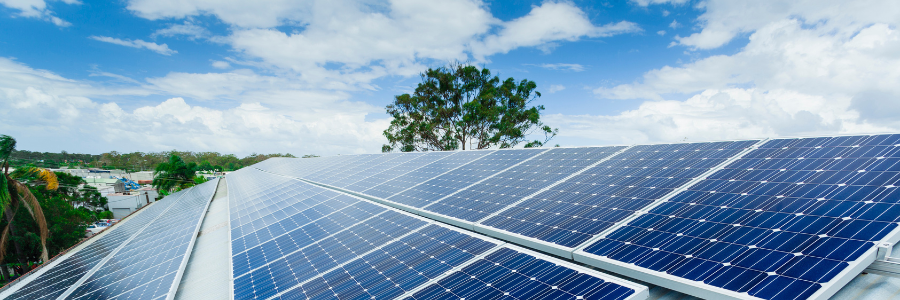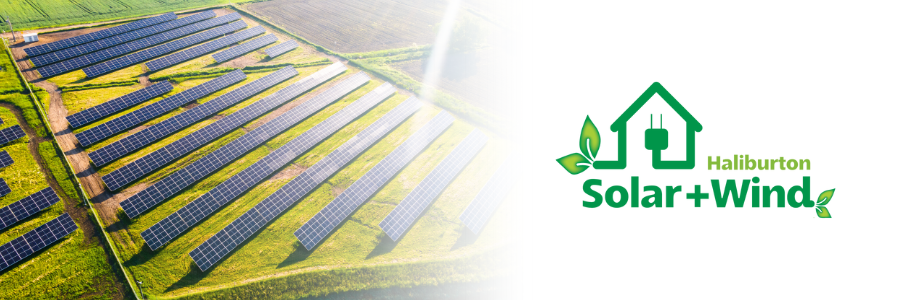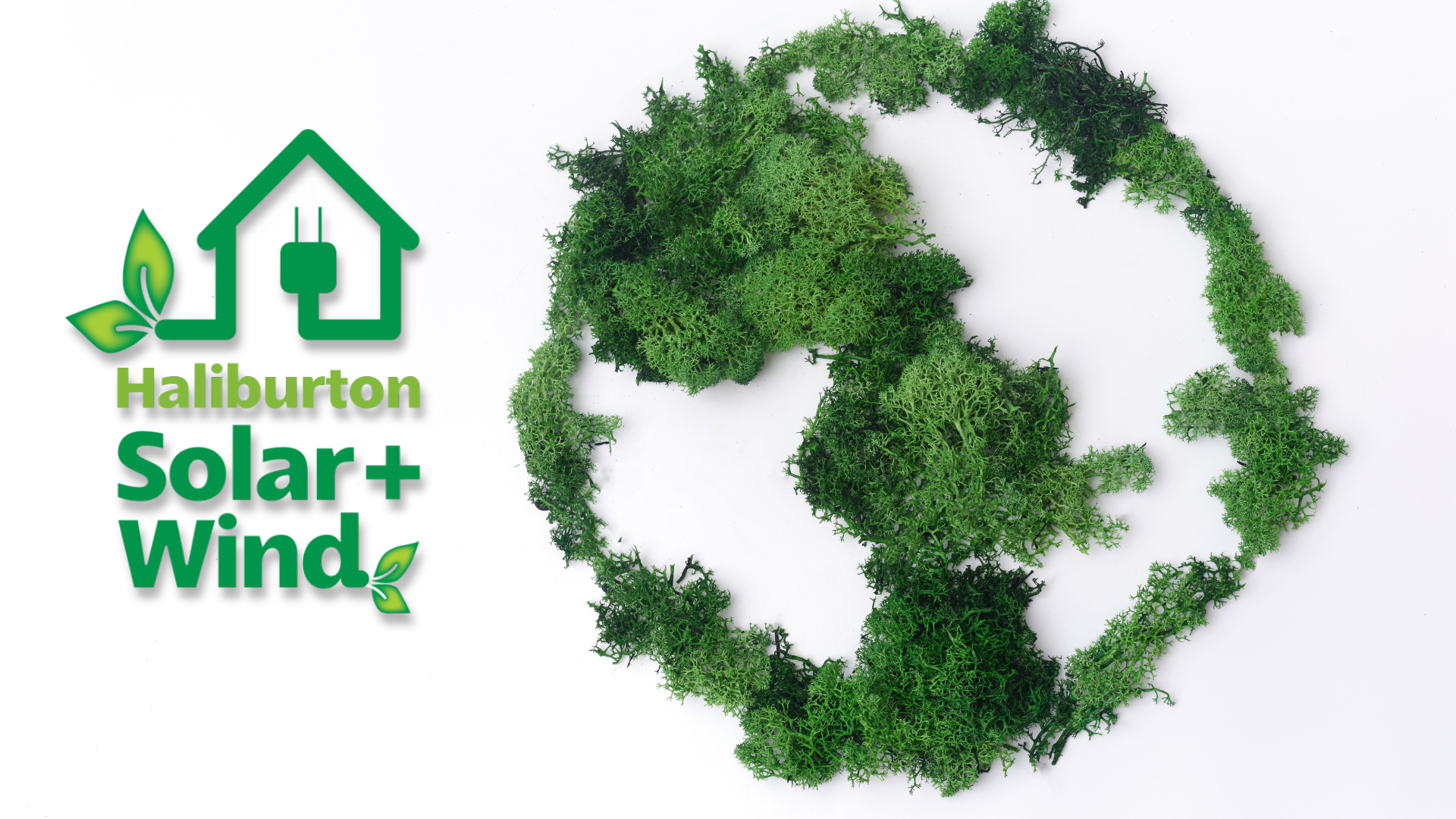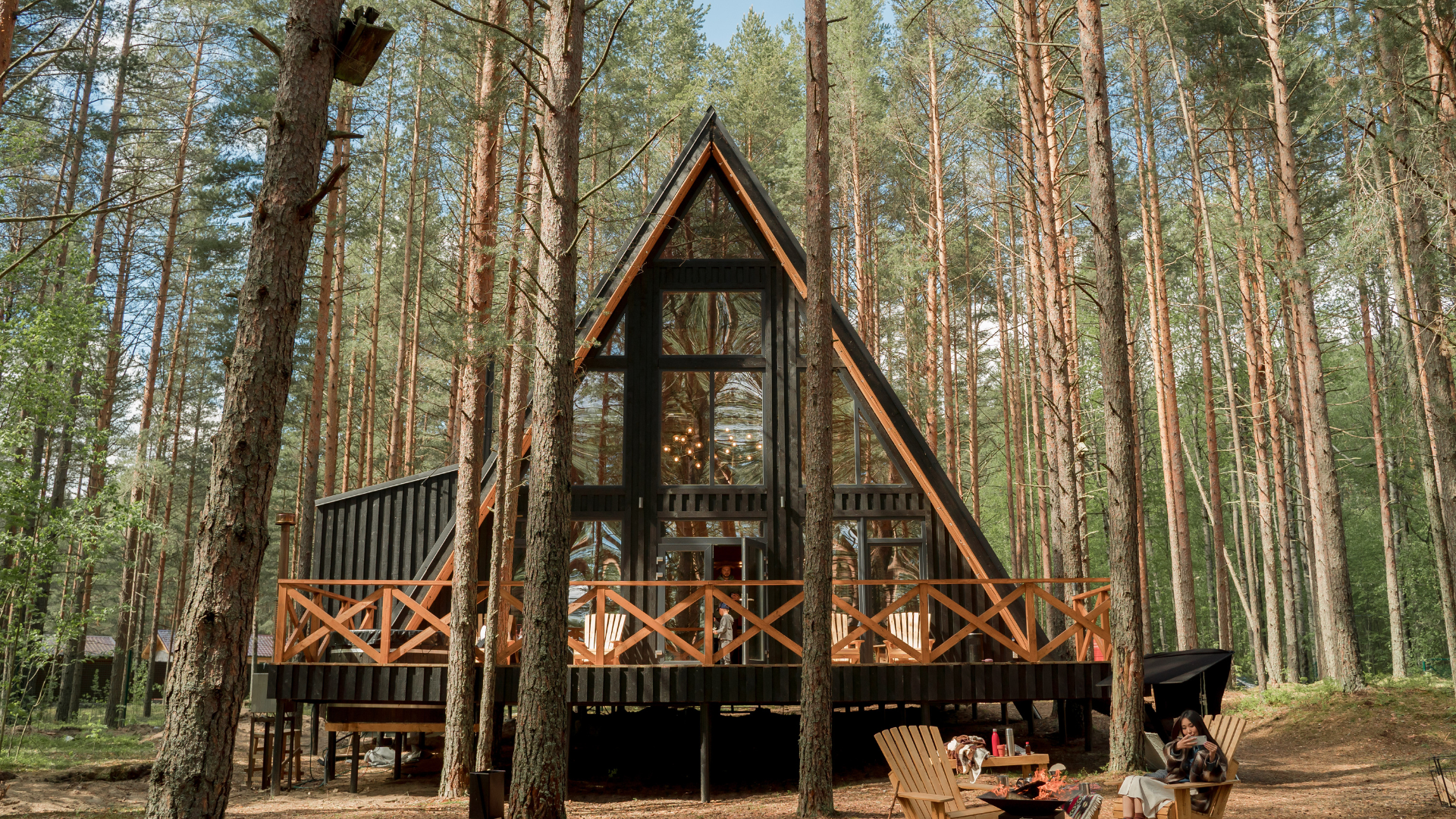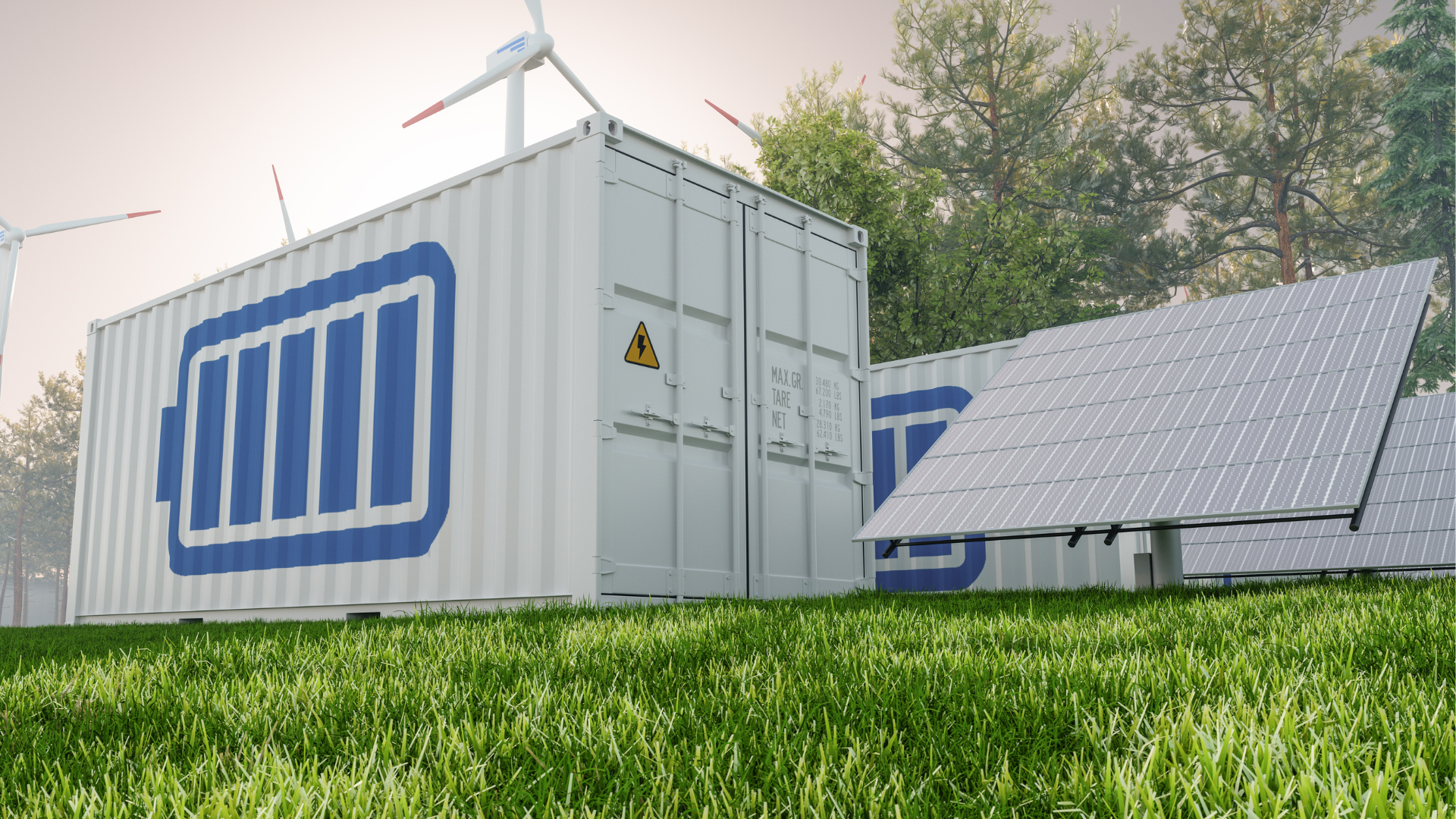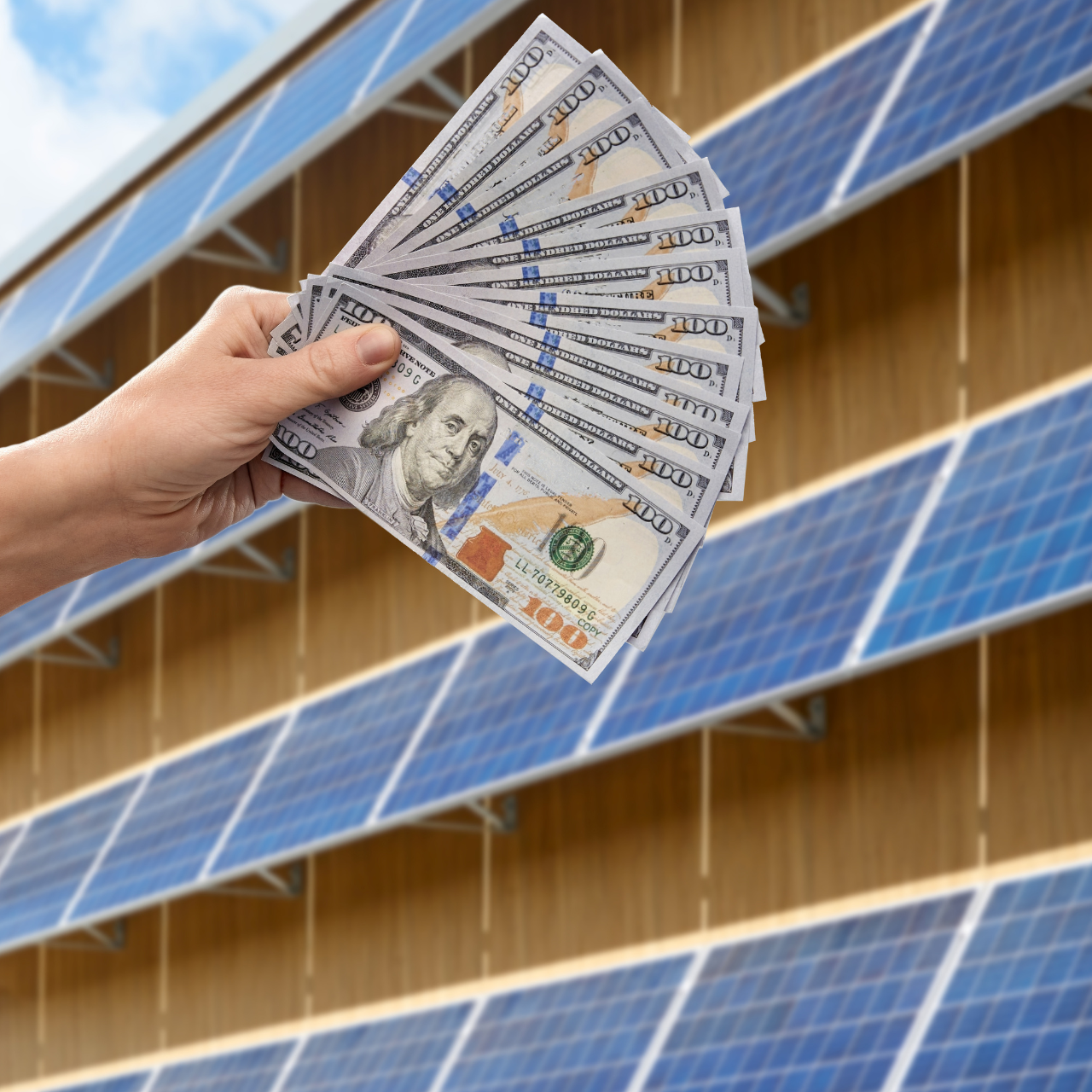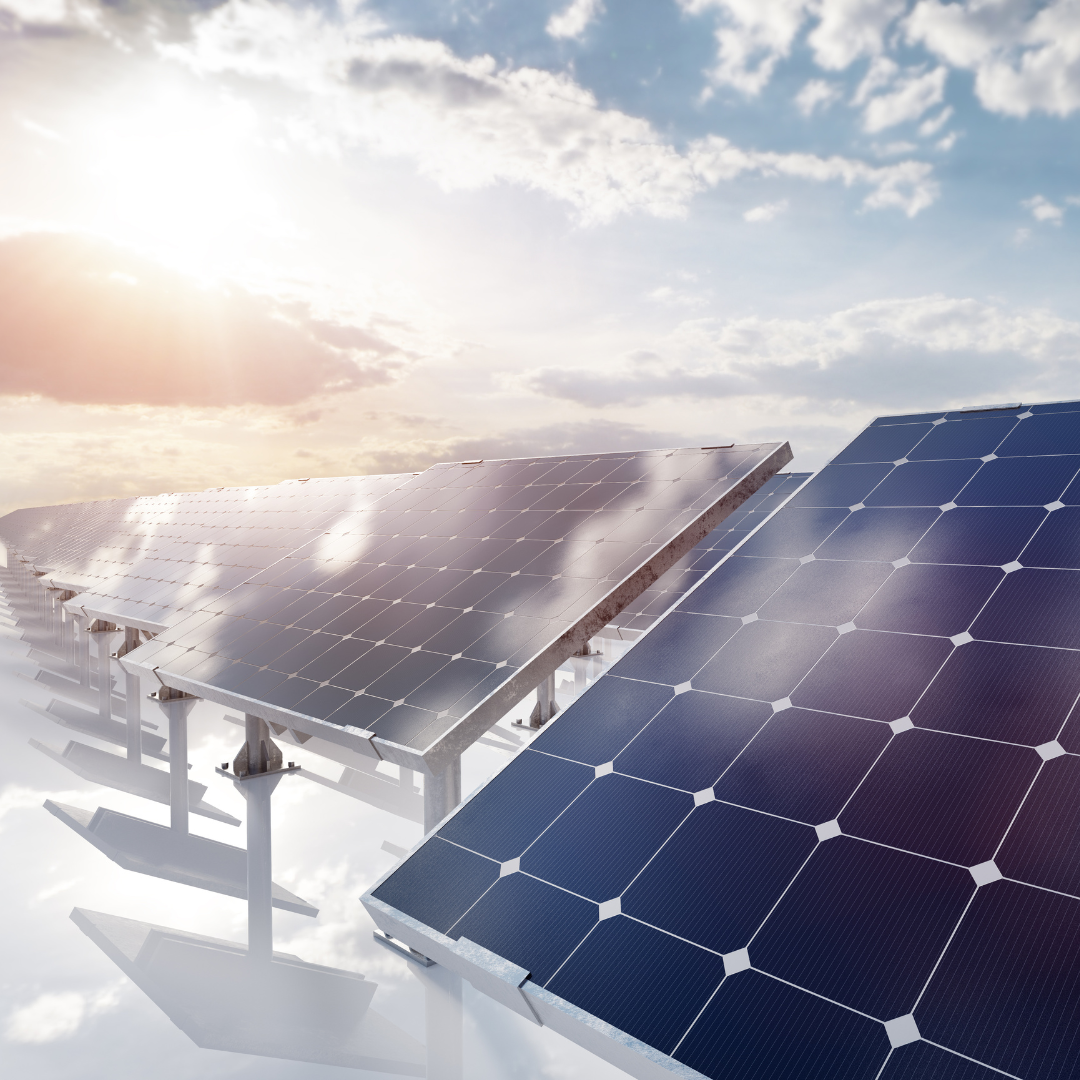Living Off Grid in Canada: A Sustainable and Self-Sufficient Lifestyle
A Sustainable and Self-Sufficient Lifestyle
Living off-grid in Canada means living independently from traditional infrastructure such as electrical grids, water supply systems, and waste management facilities. It is an empowering and sustainable lifestyle that promotes self-sufficiency and a deeper connection with nature. However, it is important to adhere to national building codes to ensure safety and compliance with regulations.
According to a report by the CBC in 2018, over 280 communities in Canada, with approximately 200,000 residents, were not connected to the North American electrical grid and natural gas distribution pipeline systems. This suggests that living off-grid is a viable option for a significant number of people in Canada.
Living totally off-grid in Canada requires a high level of self-sufficiency, and is not for everyone. However, this blog post aims to explore all aspects of this lifestyle and provide insights on how to make some aspects work for your situation. From choosing the right location, to generating electricity, obtaining clean water, managing waste, building an off-grid home, growing your own food, and the off-grid living lifestyle, this post covers everything you need to know about living off-grid in Canada. In addition, expert answers to frequently asked questions are included to help readers gain a better understanding of what it means to live off-grid in Canada. Despite the challenges, living off-grid in Canada can be a rewarding and fulfilling lifestyle choice for those who are up to the task and offers numerous benefits to those who choose to embrace this lifestyle.
Here are some of the key benefits:
- Self-sufficiency: Living off-grid means that you are not reliant on traditional infrastructure, which gives you greater control over your life and the resources you consume. You are self-sufficient in terms of your energy, water, and waste management, which allows you to live a sustainable and fulfilling life.
- Sustainability and environmental benefits: Living off-grid significantly reduces your environmental impact. By generating your own energy from renewable sources, you decrease your carbon footprint and contribute to the fight against climate change. Off-grid living also promotes sustainable water and waste management practices, reducing pollution and preserving natural resources.
- Cost savings: Living off-grid can be cost-effective in the long run, as it eliminates the need to pay for utilities such as electricity and water. Although there may be an initial investment required for setting up your off-grid system, the cost savings over time can be significant.
- Increased connection with nature: Off-grid living allows you to reconnect with nature and live in harmony with the natural environment. You have the opportunity to experience the beauty of the wilderness and the benefits of living in a natural setting, including fresh air, clean water, and natural sunlight. This can have a positive impact on your mental and physical well-being.
Generating electricity off-grid in Canada, use of renewable energy sources.
Here are some of the most popular options:
A. Solar power: Solar panels are a popular choice for off-grid electricity generation. They are easy to install and maintain and can be used to power a wide range of appliances and devices. Solar panels generate electricity by converting sunlight into electrical energy.
B. Wind power: Wind turbines are another popular option for off-grid electricity generation. They are particularly effective in areas with high wind speeds and can be used to generate electricity day and night. Wind turbines generate electricity by converting the kinetic energy of wind into electrical energy.
C. Hydro power: Hydroelectric generators are a reliable source of off-grid electricity in areas with access to running water. They generate electricity by using the flow of water to turn turbines and generate electrical energy.
D. Biomass power: Biomass generators are an option for off-grid electricity generation in areas with access to organic materials such as wood chips, sawdust, and agricultural waste. Biomass generators generate electricity by burning organic material to produce steam that turns turbines and generates electrical energy.
E. Combination of multiple power sources: Many off-grid systems use a combination of different power sources to generate electricity. For example, a system may use solar panels and wind turbines to generate electricity during the day and night, or a combination of solar panels and hydroelectric generators to generate electricity year-round.
When choosing an off-grid electricity generation system, it's important to consider factors such as cost, reliability, and environmental impact. You'll also need to consider the specific needs of your household and the availability of resources in your area.
Obtaining Clean Water and Managing Waste
Access to clean water and proper waste management are important considerations for off-grid living. Here are some ways to obtain clean water and manage waste:
- Collecting and filtering rainwater: One option for obtaining clean water off-grid is to collect rainwater from a roof or other collection surface and filter it for use. This method is cost-effective and environmentally friendly.
- Drilling a well: If you have access to groundwater, drilling a well can provide a reliable source of clean water for off-grid living. However, this can be a costly option and requires proper permits and regulations.
- Composting toilets: Composting toilets are an alternative to traditional flush toilets and are a sustainable way to manage waste. They use natural processes to break down waste and produce compost that can be used for gardening.
- Greywater systems: Greywater systems recycle water from sources such as sinks and showers for use in non-potable applications such as irrigation.
Building an Off-Grid Home in Canada
Building an off-grid home in Canada requires careful planning and consideration. Here are some important factors to keep in mind:
- Building codes and permits: Even if your home is off-grid, it must still adhere to building codes and safety standards. It's important to obtain the necessary permits and work with professionals who are knowledgeable in off-grid building practices.
- Choosing the right materials and construction techniques: The materials and construction techniques you use will have a significant impact on the energy efficiency and sustainability of your off-grid home. Consider using materials such as sustainable lumber, insulation made from recycled materials, and energy-efficient windows and doors.
- Designing for energy efficiency: Off-grid homes rely on renewable energy sources, so it's important to design for energy efficiency. This may include incorporating passive solar design, using energy-efficient appliances and lighting, and implementing a well-designed ventilation system.
- Heating and cooling options: Off-grid homes require a reliable heating and cooling system to maintain a comfortable indoor temperature. Options may include wood stoves, radiant heating, and solar heating systems.
TAKE AWAY: building an off-grid home in Canada requires careful planning, attention to detail, and a commitment to sustainability and self-sufficiency. With the right design and construction techniques, however, it is possible to build a comfortable and environmentally friendly home off the grid.
Gardens:
Living off-grid means growing your own food and living sustainably. Gardening is a great way to get started. You will need to choose the right crops and gardening techniques for your area. Grow crops that are well-suited for your local climate and soil conditions. Some crops can be grown in containers or raised beds, while others require more space. Consider companion planting and crop rotation to improve soil health and prevent pest problems. Use natural pest management techniques like crop rotation, companion planting, and organic pesticides.
Livestock:
You can also consider keeping livestock like chickens, goats, or cows for dairy and meat. Raising livestock requires more space and resources, but it can provide a sustainable source of food for your family. Be sure to check local bylaws and regulations for keeping livestock in your area.
Preserves:
Growing your own food also means preserving it for the winter months. Consider canning, freezing, or dehydrating your harvest to ensure you have enough food to last through the year. With some planning and hard work, growing your own food can be a rewarding and sustainable way to live off-grid.
Lifestyle:
Living off-grid is a lifestyle that requires a certain level of self-sufficiency and community building. It involves being able to provide for your own basic needs like food, water, and shelter. This often means living in a remote area and being less dependent on modern amenities and infrastructure.
Off-grid living also means creating a sustainable income source to support your lifestyle. This can involve a variety of income streams such as starting a small business, freelance work, or seasonal work. It also requires a mindset of living within your means and being financially responsible.
While living off-grid can be rewarding, it can also be physically and mentally challenging. It's important to prioritize self-care and take care of your physical and mental health. This can include regular exercise, meditation, and taking time for yourself. Building a strong sense of community and support network can also help you navigate the challenges of off-grid living.
Ultimately, the off-grid lifestyle offers a unique and fulfilling way of life for those who are willing to embrace its challenges and rewards.
FAQ's with expert answers
In conclusion, living off-grid in Canada is not an easy task, but it can be a rewarding and sustainable lifestyle for those who are willing to put in the effort. This blog post has explored all aspects of off-grid living in Canada, including choosing the right location, generating electricity, obtaining clean water and managing waste, building a home, growing food, and the off-grid living lifestyle. The expert answers to frequently asked questions provide readers with a better understanding of the challenges and benefits of living off-grid in Canada.
If you are interested in exploring off-grid living options in Canada, we encourage you to take the first step and do your research to see if this lifestyle is right for you.
HALIBURTON SOLAR AND WIND
P.O. Box 1479
1067A Garden Gate Drive
Haliburton, ON K0M 1S0
Tel: 705.455.2637
info@haliburtonsolarandwind.com
Sign-up for our newsletter!
Be the first to know about sales, offers, and the latest in alternative energy news.
